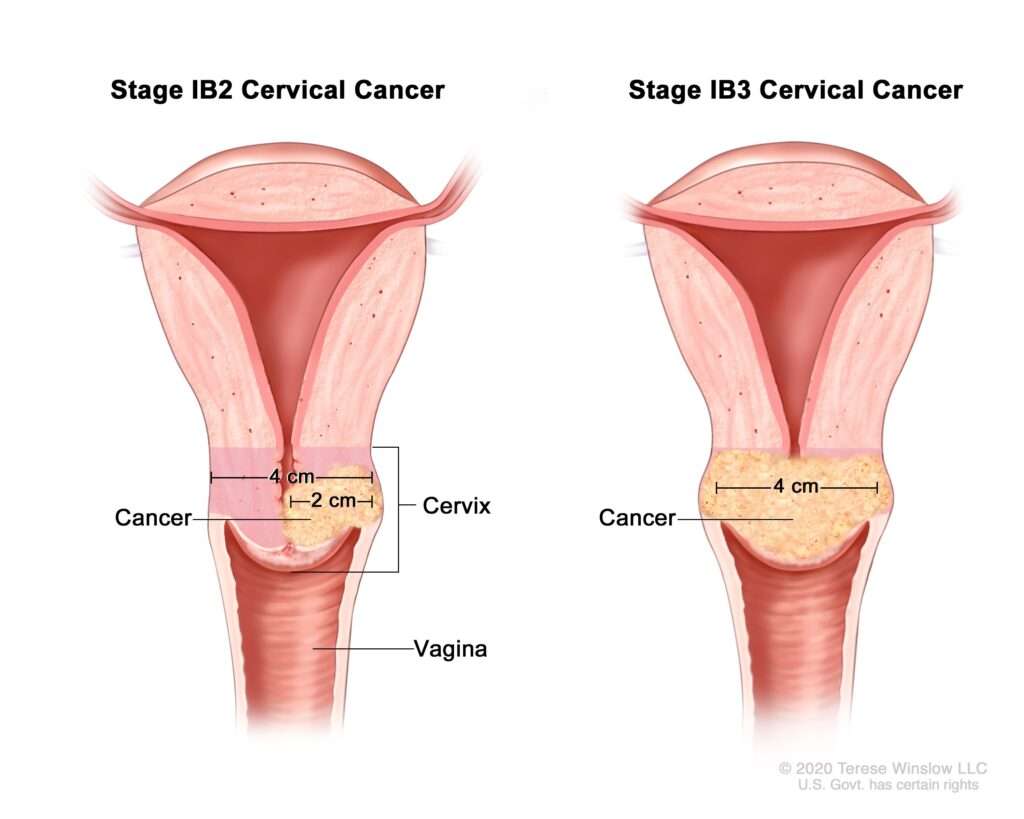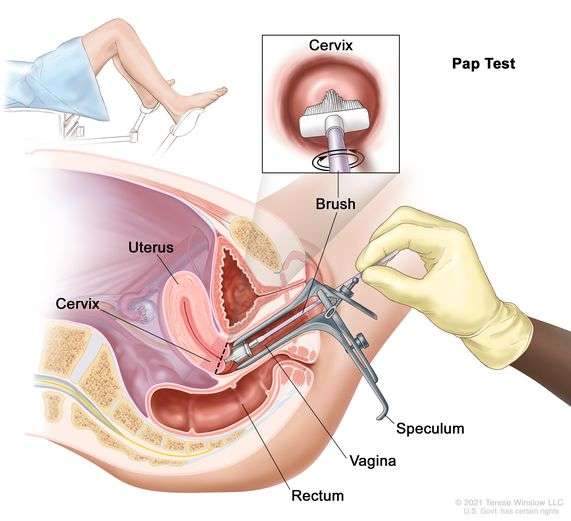Other Procedures & Treatments

Polycystic ovarian syndrome or disease (PCOS/PCOD)
PCOD (Polycystic Ovarian Disease) is a medical condition in which the woman ovaries produce immature or partially mature eggs in large numbers and over the time these become cysts in ovaries. Due to this ovaries become large and secrete large amount of male hormones (androgens) causing infertility, irregular menstrual cycles, hair loss and abnormal weight gain. PCOD can be controlled by diet and lifestyle modifications.
Family Planning Services
The purpose of the Family Planning Services Program is to assist in the establishment and operation of voluntary family planning projects which consist of the educational, comprehensive medical, and social services necessary to aid individuals to determine freely the number and spacing of their children.


Menopause Clinic
We provide services for women with a wide range of menopause-related problems. This includes providing advice on lifestyle changes and treatments to help manage symptoms, and signposting to additional services.
Menopause clinic aim to support you by giving tailored treatment advice on management of menopause symptoms, including: Lifestyle advice. Medical treatments such as Hormone replacement therapy (HRT) Signposting to additional services.
Cervical Cancer Vaccine Center
HPV vaccines protect against infection with human papillomaviruses (HPV). HPV is a group of more than 200 related viruses, of which more than 40 are spread through direct sexual contact. Among these, two HPV types cause genital warts, and about a dozen HPV types can cause certain types of cancer—cervical, anal, oropharyngeal, penile, vulvar, and vaginal.


Gynecological Cancer Detection ( PAP Smear )
The Pap test and the HPV test can help prevent cervical cancer or find it early.
- The Pap test (or Pap smear) looks for precancers, cell changes on the cervix that might become cervical cancer if they are not treated appropriately.
- The HPV test looks for the virus (human papillomavirus) that can cause these cell changes.
Both tests can be done in a doctor’s office or clinic. During the Pap test, the doctor will use a plastic or metal instrument, called a speculum, to widen your vagina. This helps the doctor examine the vagina and the cervix, and collect a few cells and mucus from the cervix and the area around it. The cells are sent to a laboratory.
- If you are getting a Pap test, the cells will be checked to see if they look normal.
- If you are getting an HPV test, the cells will be tested for HPV.
